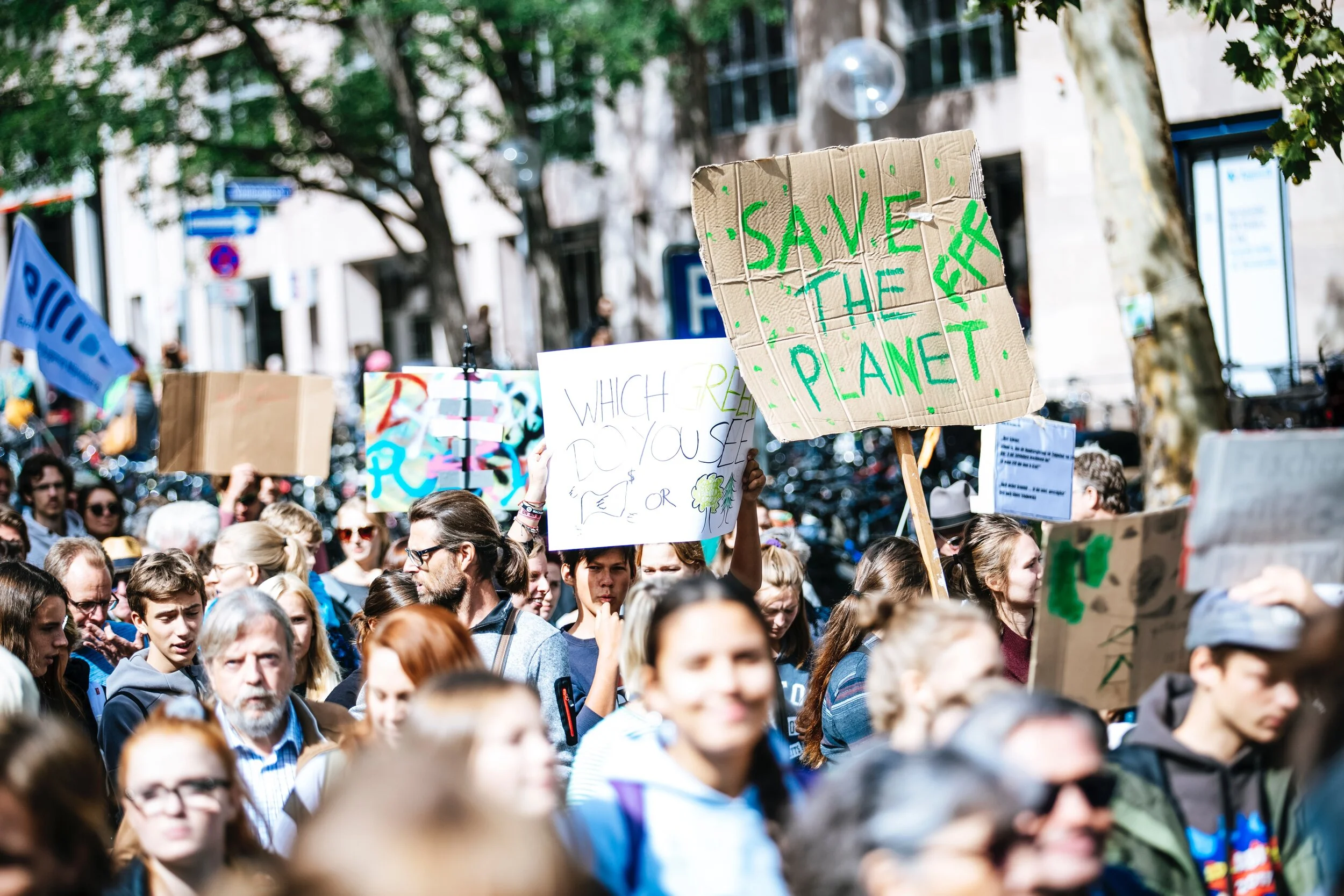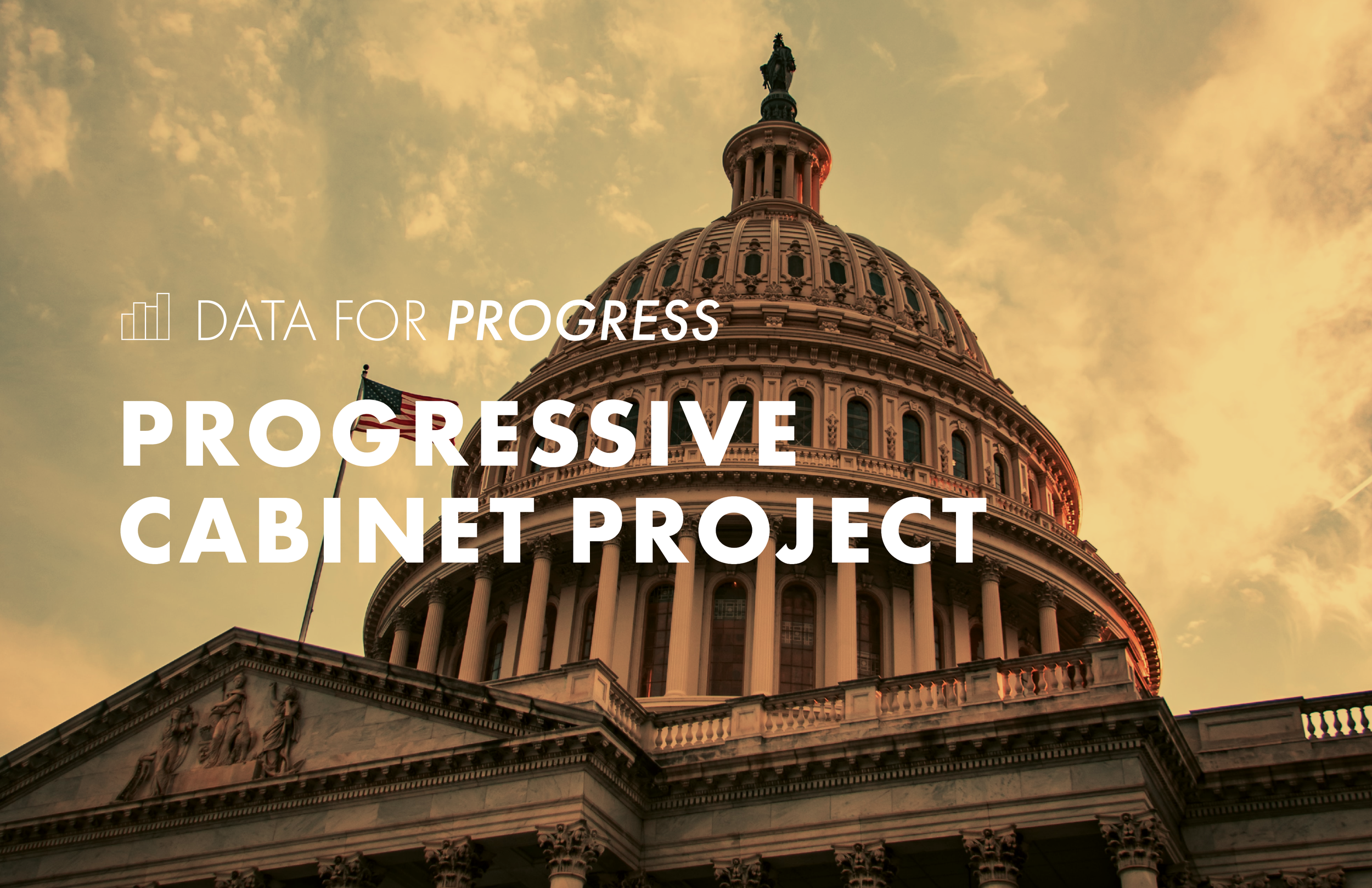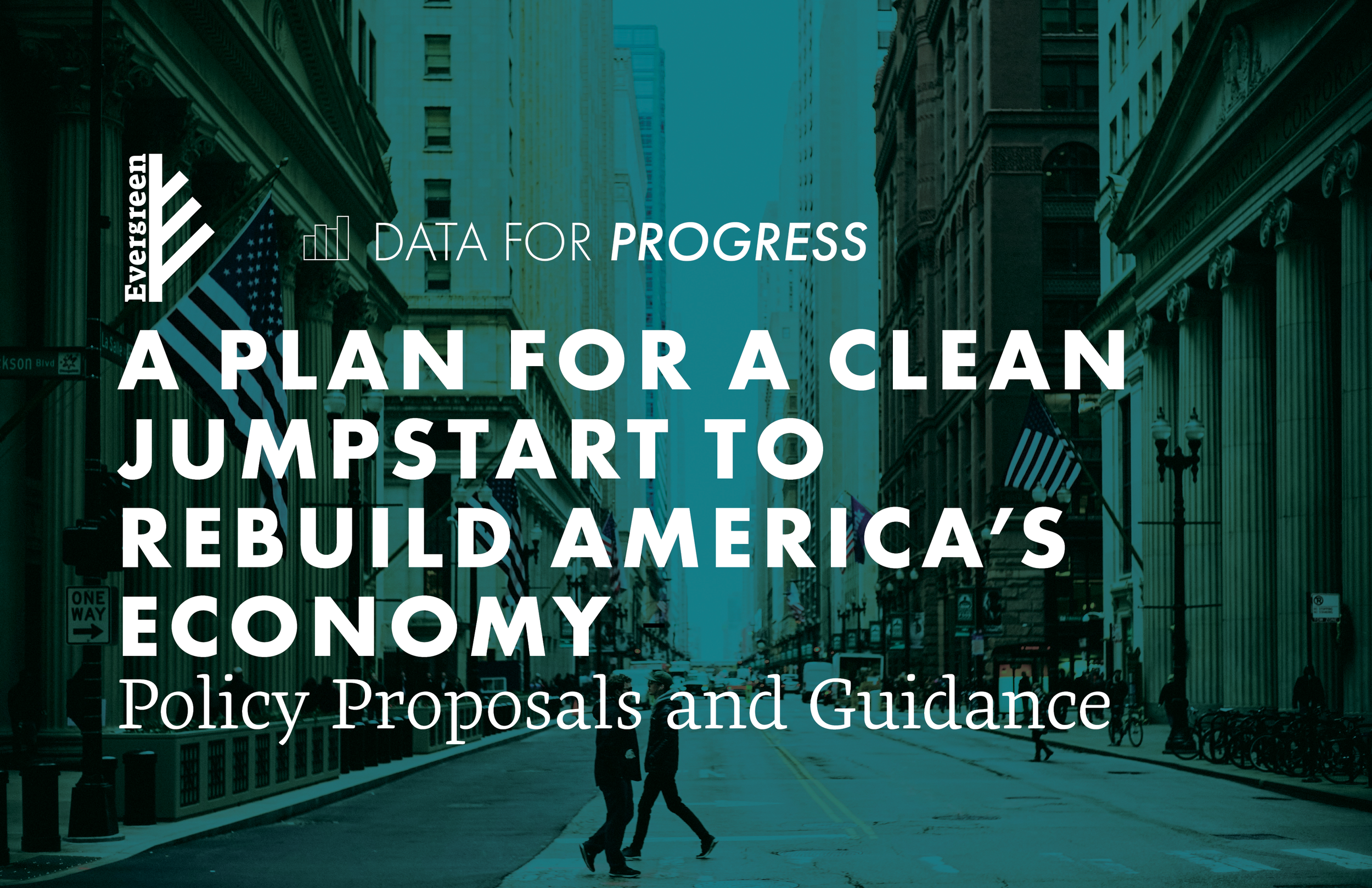Guidebook: Best Practices to Support Farmworkers During Coronavirus
By Mackenzie Feldman Food and Sustainability Researcher at Data For Progress and Marcela Mulholland Deputy Director for Climate at Data For Progress
Contributors: Coalition of Immokalee Workers, Fair Food Standards Council, Partners in Health
Introduction
As the coronavirus has spread throughout Florida, not all communities in the Sunshine State have been impacted equally. For instance, in the city of Immokalee, 25,000 farmworkers and their family members have faced disproportionate harms. 72.1% of the population in Immokalee is Hispanic or Latinx, an ethnic group that is almost 3 times more likely to be hospitalized than Whites from coronavirus. Governor Ron DeSantis (R), called the contagion in agricultural communities Florida’s “No. 1 outbreak.” Farmworkers like those in Florida and the millions across the country are uniquely vulnerable to coronavirus due to crowded living and transportation conditions, poverty, lack of hospital care, lack of testing and other public-health resources, and difficulty socially distancing in the fields.
This exposure is compounded by the fact that farmworkers are essential workers who have continued working throughout the pandemic to harvest and grow food for all of us to eat. Despite the critical role that farmworkers play in our economy, the efforts from state, local and federal officials to provide relief to farmworker communities have been inconsistent and, in many cases, woefully inadequate. In light of this, local organizations and coalitions have risen to the challenge of providing aid and support to farmworker communities. Since the pandemic began, community-based organizations across Florida have been on the frontlines of fighting for better protections for farmworker communities to get them through this crisis.





